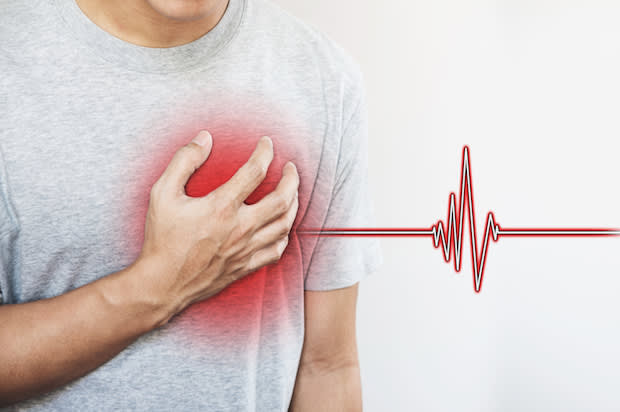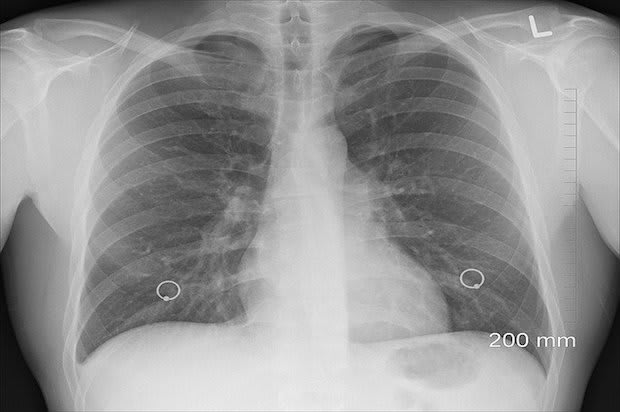Table of Contents
III. Where does Cardiac Edema Occur?
What is Edema?
Edema is a general medical term that refers to swelling in the body. This swelling can occur for several reasons but is usually caused by an injury, inflammation, infection, medication, or pregnancy. The body swells when excess fluid becomes trapped. Edema occurs when small blood vessels leak into the body’s tissues. This condition can be mild or severe, occurring anywhere in the body. Mild edema may be caused by:
- Eating too much salty food
- Premenstrual symptoms
- Pregnancy
- Sitting in one position for too long
Typically, edema will subside if you experience it for the above reasons. In other cases, daily medications or conditions can result in long-term edema. Salt can cause the body to retain extra water, which leaks into tissue spaces, causing edema. Salt retention is often a side effect of several high blood pressure medications and congestive heart failure. If you have high blood pressure or heart problems, it is essential to tell your doctor if you notice edema. Receiving an early diagnosis can prevent serious complications like heart failure or kidney disease.
If you are suffering from high blood pressure, you will likely be prescribed Lasix (furosemide), Diovan (valsartan), triamterene/HCTZ, Aldactone (spironolactone), or Inderal (propranolol hydrochloride). Read on to learn more about edema and its connection to cardiovascular disorders. [1] Before you get in touch with your doctor to discuss your edema symptoms, you may want to examine where the swelling in your body is occurring. The area of swelling can reveal the underlying cause of edema. The different types of edema include: Pedal edema: This type involves fluid accumulation in the feet and lower legs. Pedal edema occurs most commonly in pregnant women and older people. Extra fluid in the legs can make it hard to move around because it dulls nerve sensations in the feet. Lymphedema: Arms and legs swell in this condition. It is caused by damage to the lymph nodes, which filter germs in the body. Cancer treatments like radiation can block the lymph nodes and lead to edema. Peripheral edema: The ankles, legs, and feet swell with this type of edema. It is usually due to circulatory system problems with the lymph nodes or kidneys. Pulmonary edema: Fluid may collect in the lungs' air sacs and make it hard to breathe. This type is worse when you lie down, making it feel like you are suffocating. It can also result in coughing and an increased heart rate. Cerebral edema: Fluid accumulation in the brain can be incredibly dangerous. This may occur after a head injury or if a blood vessel bursts or becomes blocked. Macular edema: Fluid may build up at the back of the eye (the macula). This occurs when damaged blood vessels in the area leak fluid. [2] If you are experiencing high blood pressure, heart problems will likely occur if proper treatment is not sought. Over time, the increased pressure of blood against the arterial walls can lead to blood vessel damage. In response, the heart begins to work harder to supply blood to the rest of the body. This increased effort can cause the heart to swell and thicken. The heart's lower chamber (left ventricle) cannot pump out enough blood, causing the heart to hold excess fluid. This leads to cardiac edema. [3] The heart itself can swell, but you may notice other areas of the body accumulating fluid. Leg edema is common when congestive heart failure is present. If fluid buildup occurs suddenly, pulmonary edema can occur, causing your lungs to fill with fluid. This can create serious breathing problems. If heart failure is present on the right side of the heart, abdominal edema may also occur. [2] In most cases, edema is not a sign of alarm. But if you are experiencing heart problems, you will want to pay attention to any unusual swelling of the chest or legs. Your shoes may feel more tight than normal, and you may gain a few pounds out of nowhere. When the blood flow to the heart slows, blood returning to the heart will back up, causing fluid to build up in tissues. These faulty blood vessels will also affect the kidneys, disrupting the waste removal process. The kidneys are not able to process waste and excess fluid effectively, causing more fluid to accumulate. [4] This may lead to the following symptoms: Preventing and treating cardiac edema is essential in prolonging your heart health. Getting rid of excess fluid is especially important if you are experiencing heart failure. Lifestyle changes are the first line of treatment, and your doctor will implement medications if those changes are insufficient in reducing blood pressure. Your doctor may recommend the following lifestyle changes to reduce or prevent cardiac edema: Along with these lifestyle changes, your doctor may prescribe diuretic medications to reduce fluid retention in the body. Lasix (furosemide), Aldactone (spironolactone), and triamterene/HCTZ open up the blood vessels and promote blood flow. Other medications like Inderal (propranolol hydrochloride) and Diovan (valsartan) prevent the muscles around blood vessels from narrowing and slowing blood flow. With the combination of these medications and positive lifestyle changes, you can significantly improve heart problems and cardiac edema. [3] The content in this article is intended for informational purposes only. This website does not provide medical advice. In all circumstances, you should always seek the advice of your physician and/or other qualified health professionals(s) for drug, medical condition, or treatment advice. The content provided on this website is not a substitute for professional medical advice, diagnosis, or treatment.
Types of Edema

Where does Cardiac Edema Occur?
Symptoms of Cardiac Edema

Treating Cardiac Edema
